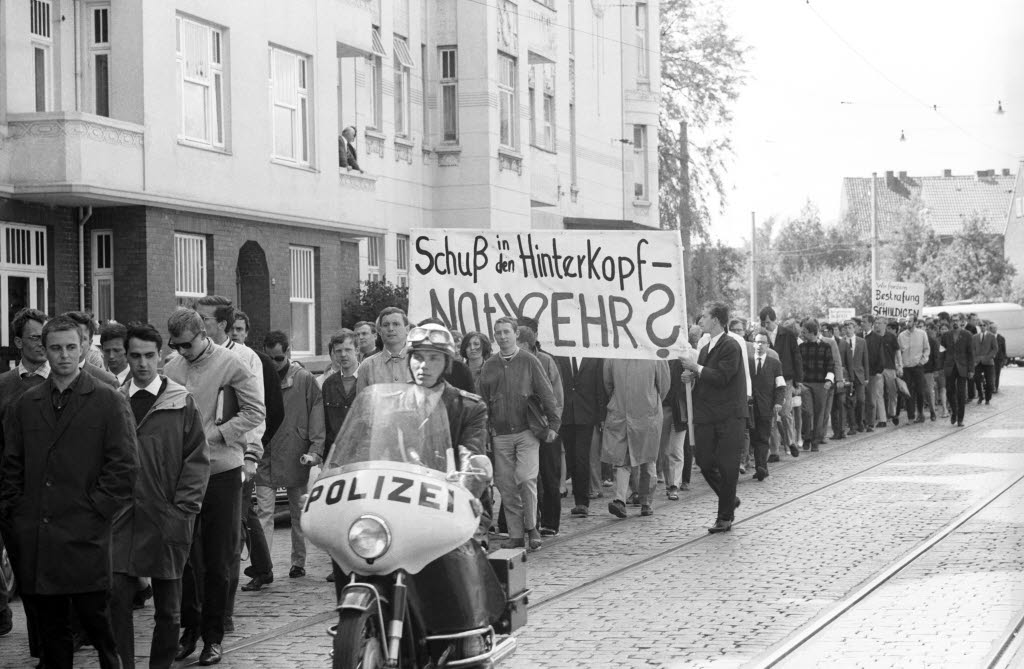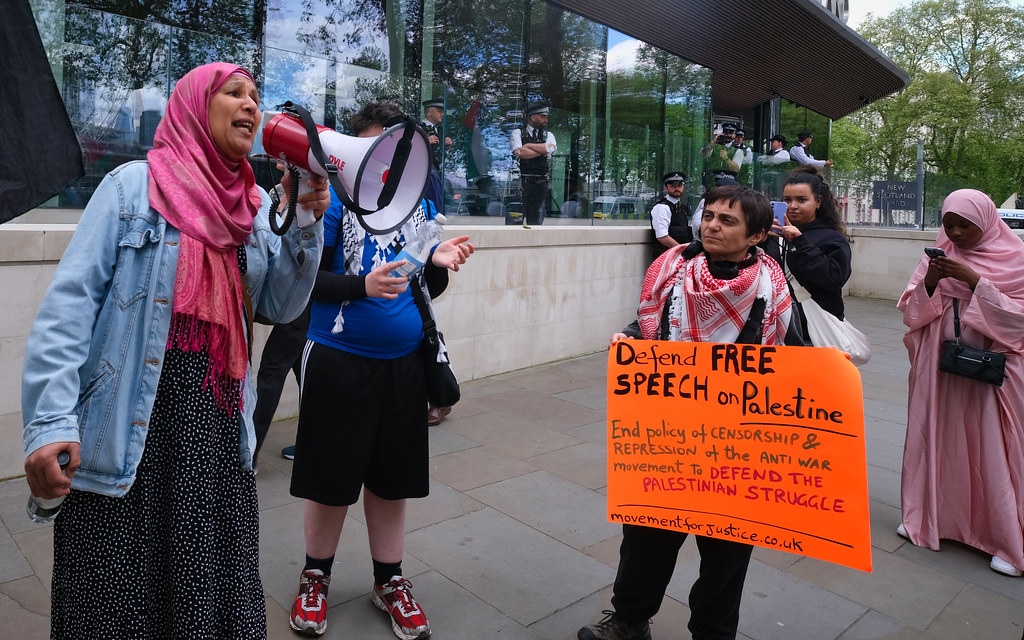I visited Scotland briefly during the last weekend of October. During my short stay I managed to meet more friends than I thought I would. The sharp concentration of reunions and updates revealed a somewhat depressing pattern.
Everyone is either getting married, having kids, planning to get married, buying houses and, for men only, experiencing acutely receding hairlines. The sunset of our glorious 20s is upon us, and I for one cannot help but wistfully stare into it. Is this it? Is this all that life has to offer? The escalator of petit bourgeois life?
Nay.
Visiting an old school friend and his family, I ended up striking a stimulating yet surreal conversation with his brother-in-law. It turns out we both shared an interest in ancient Rome, leading us to speak with a certain rapport and engagement that had previously escaped us. But then I asked the fateful question.
“How did you get interested in Roman history?”
“I studied it for A levels at school.”
“Which school is this? That isn’t usually offered at most schools.”
“Oh… I went to private school. Harrow.”
There’s the rub. The slight hesitation in his last response evinced his realisation that the rest of the conversation would now be inflected sharply through the lens of this illumination of his class. The cat was out of the bag. The patrician had unmasked himself in front of the plebe.
Harrow is not just a private, all male boarding school. It is one of THE private schools of the upper crust of British society, one of the 9 listed in the 1868 Parliament Act. The Wikipedia page of the school states: “Harrow’s uniform includes morning suits, straw boater hats, top hats and canes.” I don’t think much more needs to be said.
Whenever I criticise, in public or in writing, the attitudes of people who went to such schools, defenders are quick to say those people could not control the circumstances of their birth. That it is unfair to criticise people for the school they were sent to. At face value, this is not an invalid objection yet it is always striking to me which accidents of birth people are most sympathetic towards. The very same people work under the illusion that accidents of nationality, ethnicity, gender etc. do not have a determining effect on life or that they can be overcome with a smattering of gumption whereas the advantages conferred by private schooling are negligible. And not just a private school, but centuries old schools recognised in the annals of British law itself.
If the worst consequence of my friend’s brother-in-law being found out as a stereotypical upper-class gent was some public discomfort in front of a plebe like me, you can forgive me that my heart doesn’t bleed for him. Nevertheless, the conversation progressed smoothly enough, after this hiccup, into the realm of the surreal.
We began to talk about political issues of the UK, Corbyn, and the NHS. He works as a consultant in a very high demand speciality, commanding a six-figure salary. He lamented that Corbyn was going to raise taxes on people earning over 80,000 pounds and that this was both unfair and insufficient to solve the problems of the NHS. I gave limited concession to his point by agreeing it was not enough, and that in fact the UK needed to shift focus towards wealth taxation as opposed to income alone. At that moment, the signature complaint of the upper class in Britain reared its head.
He was morally quite opposed to inheritance tax, saying he wants to be able to leave his children what he had worked hard for in his life without the state taking a cut. Of course he did and of course he said it without any self-awareness of why he instinctively felt this way. Just as religiously devout people assume the validity of their faith in any arguments about faith, so does the upper class about the moral absolutism of their right to inherit property. Furthermore, he expressed dismay at his salary, saying that in North America he could be earning hundreds of thousands of dollars a year as opposed to the pittance, I assume, he receives in the NHS. For his ambition is to buy a house in London, apartments being too small for his needs now, and that a million pounds is not enough for such an ambition.
I felt incredulity; not at the sum being discussed, not at the distastefulness of expressing such greed in front of someone relatively much poorer than him, not even at the intellectual emptiness about complaining about the price of houses rather than the structural drivers of property price inflation; but rather towards the sublime confidence with which he asserted his right to be paid enough to afford, at a minimum, a million-pound property in London. And he explicitly emphasised the point that he, of all people, is more deserving than others by virtue of the specialism he works in. That it is his special labour that elevated him above others. Yes, this completed the circle of his prior discomfort though he lacked the tools to perceive it.
It is a truism that as individuals we can only understand ourselves to a point. A full understanding of the self requires an external, somewhat dispassionate observer, to assess your personhood and to give you feedback. My friend’s brother-in-law felt a slight discomfort at revealing his upper-class upbringing. I doubt he feels uncomfortable when talking to alumni of the 9 schools recognised in the Parliament Act of 1868. Perhaps he could instinctively anticipate that he might rub a plebe the wrong way, after all there are about a hundred plebes to every patrician in daily life. I would pity the class cage he is, on some level, a prisoner of; but then his distasteful boasting of personal superiority and wealth makes me less sympathetic.
The upper class is ultimately educated but ignorant. We were speaking of ancient Rome, of the class conflicts of the Roman republic, the Gracchi brothers, the structural issues of the British political economy. He studied mathematics up to A levels, and must have received an A grade based on his boasting of how uniquely qualified he is as a doctor. So he has knowledge in spades and yet could not grasp the implications of it. The very intellectual superiority which he claimed to make him worthy of unimaginable wealth – and yes it is unimaginable if you take into account the people of the world, your insular first world bubble be damned – failed him when it came to the basic philosophical and mathematical implications of his views.
He could not connect the fall of the Roman republic to its vicious exploitation of the plebeians. He could not make the connection between the hoarding of wealth and property by a microscopic minority of the inheritors of generational wealth with the runaway inflation of house prices. He could see the symptoms of the malady with utmost clarity yet was incapable of diagnosing its remedy. And yet I, who was not born so fortunate, can feel a tinge of sympathy for his predicament. After all, he is not asking for a lot when you consider the peer group he is comparing himself to. He went to school with the children of aristocrats, ultra-millionaires and billionaires. In his own self-conception, he is a hard-working, self-made doctor saving lives out of a sense of altruistic devotion. He is not a parasite of the masses like some of his class peers. Yes, I scoff at his petty, self-absorbed indignation and simultaneously empathise with it. For who am I?
I grew up in relative wealth and privilege in Pakistan. All that I know, all that I understand, all that I achieved, was on the basis of the accidents of birth accorded to me. I am not a bricklayer’s son from Pakistan. My father, his father, and his father before him were executives in a private bank. My mother’s family is full of doctors. I am literally related to people who own a coal mine and a stable of horses. Our family was sunk by misfortune, illness, and the challenges of emigration into the depths of the working class. I am an adoptee of the working class. A mere class traitor out of necessity some could argue.
But allow me to say. Liberation is only to be found in the working class. Only by embracing the cause of the working class, can one discover humanity. The enticements of class mobility have acquired a bitter flavour for me. I can only feel sorrow for those people who want to climb the escalator of petit bourgeois prosperity. I will only feel happy when the workers of the world, altogether, experience some of the material comforts I have grown so accustomed to. Inevitably, this will require sacrifice and an unending alienation from the higher classes. I will always feel a certain survivor’s guilt for my privileges, as I am sure many people do. And I need this sensation, it keeps me honest. For it is not a guilt as such, but the beating heart of a growing conscience. It pumps my will with the nourishment of resolve. And as long as it beats, the classless world the working class fights for, will not die.
This article is from Ali Khan’s blog




